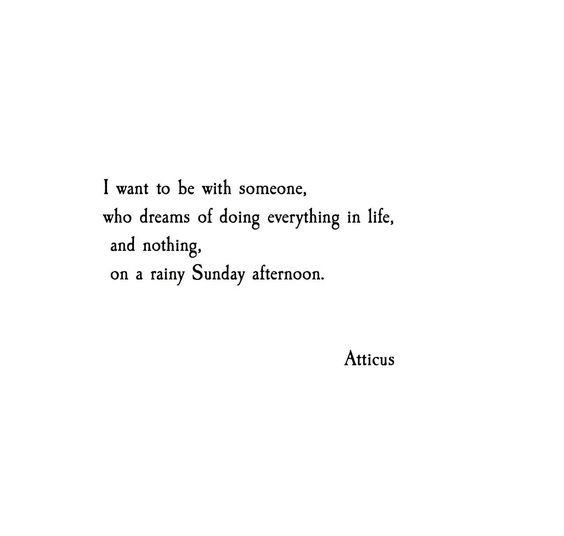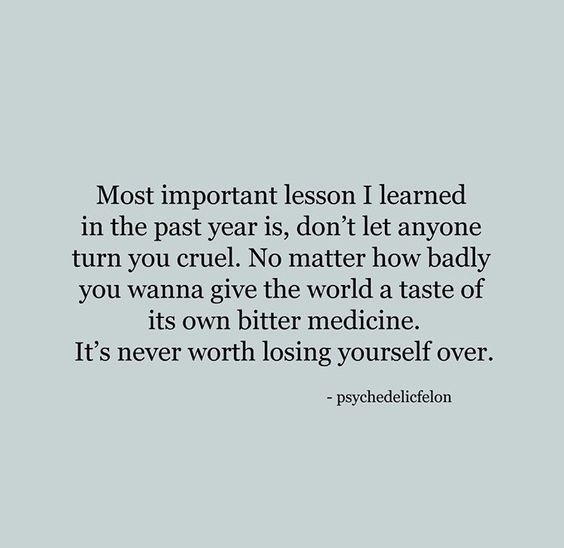Archives
“All of us who do creative work… you get into this thing, and there’s like a ‘gap.’ What you’re making isn’t so good, okay?… It’s trying to be good but… it’s just not that great. The key thing is to force yourself through the work, force the skills to come; that’s the hardest phase.”
Ira Glass, via So Good They Can’t Ignore You (Page 47)
“If you want something that’s both rare and valuable, you need something rare and valuable to offer in return—this is Supply and Demand 101. If follows that if you want a great job, you need something of great value to offer in return.”
Cal Newport, So Good They Can’t Ignore You (Page 44)
“Put aside the question of whether your job is your true passion, and instead turn your focus toward becoming so good they can’t ignore you. That is, regardless of what you do for a living, approach your work like a true performer.”
Cal Newport, So Good They Can’t Ignore You (Page 39)
“Simply to have all the necessities of life and three meals a day will not bring happiness. Happiness is hidden in the unnecessary and in those impractical things that bring delight to the inner person… When we lack proper time for the simple pleasures of life, for the enjoyment of eating, drinking, playing, creating, visiting friends, and watching children at play, then we have missed the purpose of life. Not on bread alone do we live but on all these human and heart-hungry luxuries.”
Ed Hays, Pray Always, via Sunbeams (Page 90)
“The happiest, most passionate employees are not those who followed their passion into a position, but instead those who have been around long enough to become good at what they do. On reflection, this makes sense. If you have many years’ experience, then you’ve had time to get better at what you do and develop a feeling of efficacy. It also gives you time to develop strong relationships with your coworkers and to see many examples of your work benefiting others. What’s important here, however, is that this explanation, though reasonable, contradicts the passion hypothesis, which instead emphasizes the immediate happiness that comes from matching your job to a true passion.”
Cal Newport, So Good They Can’t Ignore You (Page 17)
“Why do some people enjoy their work while so many other people don’t? Here’s the CliffsNotes summary of the social science research in this area: There are many complex reasons for workplace satisfaction, but the reductive notion of matching your job to a pre-existing passion is not among them.”
Cal Newport, So Good They Can’t Ignore You (Page 14)
“Don’t follow your passion; rather, let it follow you in your quest to become, in the words of my favorite Steve Martin quote, ‘so good that they can’t ignore you.'”
Cal Newport, So Good They Can’t Ignore You (Page xx)
“‘The things we see,’ Pistorius said softly, ‘are the same things that are within us. There is no reality except the one contained within us. That is why so many people live such unreal lives. They take the images outside them for reality and never allow the world within to assert itself.'”
Hermann Hesse, Demian, via Sunbeams (Page 89)
“Believe those who are seeking the truth; doubt those who find it.”
André Gide, via Sunbeams (Page 89)
“It is simply untrue that all our institutions are evil, that all adults are unsympathetic, that all politicians are mere opportunists, that all aspects of university life are corrupt. Having discovered an illness, it’s not terribly useful to prescribe death as a cure.”
George McGovern, via Sunbeams (Page 89)
“Yes, I felt closer to my fellow men, too, even in my solitude. For it is not physical solitude that actually separates one from other men, not physical isolation, but spiritual isolation. It is not the desert island nor the stony wilderness that cuts you from the people you love. It is the wilderness in the mind, the desert wastes in the heart through which one wanders lost and a stranger. When one is a stranger to oneself then one is estranged from others, too. If one is out of touch with oneself, then one cannot touch others. How often in a large city, shaking hands with my friends, I have felt the wilderness stretching between us. Both of us were wandering in arid wastes, having lost the springs that nourished us—or having found them dry. Only when one is connected to one’s own core is one connected to others, I am beginning to discover. And, for me, the core, the inner spring, can best be refound through solitude.”
Anne Morrow Lindbergh, Gift From The Sea, via Sunbeams (Page 89)
So Good They Can’t Ignore You [Book]

Book Overview: In this eye-opening account, Cal Newport debunks the long-held belief that “follow your passion” is good advice. Not only is the cliché flawed-preexisting passions are rare and have little to do with how most people end up loving their work—but it can also be dangerous, leading to anxiety and chronic job hopping. After making his case against passion, Newport sets out on a quest to discover the reality of how people end up loving what they do. Spending time with organic farmers, venture capitalists, screenwriters, freelance computer programmers, and others who admitted to deriving great satisfaction from their work, Newport uncovers the strategies they used and the pitfalls they avoided in developing their compelling careers. Matching your job to a preexisting passion does not matter, he reveals. Passion comes after you put in the hard work to become excellent at something valuable, not before. In other words, what you do for a living is much less important than how you do it.
Post(s) Inspired by this Book:
“The fish trap exists because of the fish. Once you’ve gotten the fish you can forget the trap. The rabbit snare exists because of the rabbit. Once you’ve gotten the rabbit, you can forget the snare. Words exist because of meaning. Once you’ve gotten the meaning, you can forget the words. Where can I find a man who has forgotten words so I can talk with him?”
Chuang Tzu, via Sunbeams (Page 87)
“To be rational today, we have to do just three things: First, we must look inward. Next, we must examine ourselves critically. Finally, we must make our own decisions—uninhibited by biases or popular notions.”
Ryan Holiday, The Daily Stoic (Page 122)
“If you argue against reality you will suffer.”
Byron Katie | Read Matt’s Blog on this quote ➜
“We are in the habit of imagining our lives to be linear, a long march from birth to death in which we mass our powers, only to surrender them again, all the while slowly losing our youthful beauty. This is a brutal untruth. Life meanders like a path through the woods. We have seasons when we flourish and seasons when the leaves fall from us, revealing our bare bones. Given time, they grow again.”
Katherine May, Wintering
“The teacher learns more than the student. The author learns more than the reader. The speaker learns more than the attendee. The way to learn is by doing.”
James Clear, Blog

